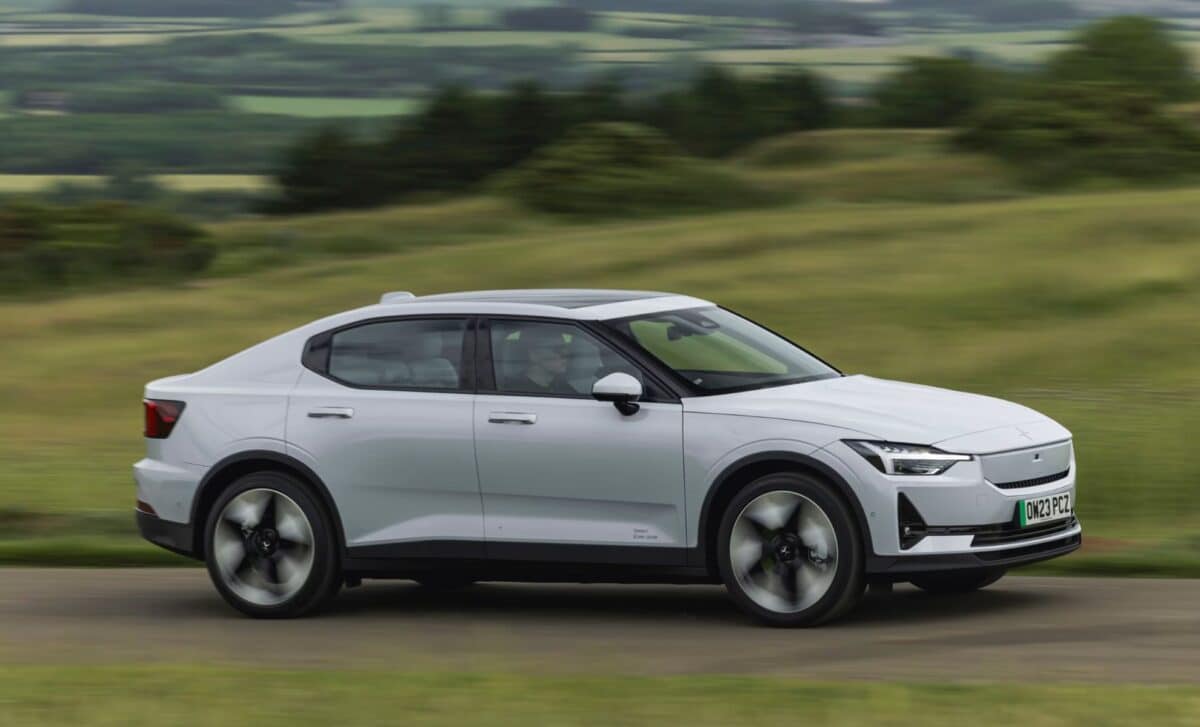Peter Dutton, the leader of Australia’s opposition Coalition, has made a surprising policy U-turn by pledging to repeal the electric vehicle (EV) fringe benefits tax (FBT) exemption if his party wins the next election.
The move has sparked confusion and anger within the automotive industry, which had recently welcomed Dutton’s previous remarks suggesting the Coalition would maintain the tax break.
Introduced by the Albanese government in 2022, the FBT exemption allows Australians to lease electric vehicles through salary packaging without having to pay tax, provided the car is priced under $91,387.
This initiative has enabled many consumers to make the switch to cleaner, more affordable transport options, and it was widely praised for making EVs more accessible. However, Dutton’s sudden shift in stance has ignited a broader debate about the Coalition’s commitment to climate policies and the cost-of-living benefits associated with the initiative.
Reversal Triggers Concern Over Policy Consistency
Initially, Peter Dutton had indicated that the Coalition would retain the FBT exemption, which has become a cornerstone in helping Australians reduce their transport costs while encouraging the adoption of electric vehicles.
However, in a statement released on Wednesday, the Coalition announced its intention to scrap the policy as part of a broader fiscal strategy aimed at reducing government spending. The move is expected to save the government billions of dollars in the coming years, but it has led to significant backlash from stakeholders across the automotive industry.
According to the Electric Vehicle Council, the FBT exemption has already benefited nearly 100,000 Australians, making EVs more affordable for many, particularly in suburban and outer metropolitan areas.
Julie Delvecchio, CEO of the Electric Vehicle Council, expressed her disappointment, calling the reversal “extremely confusing” given Dutton’s earlier assurances that the policy would remain unchanged.
Industry representatives argue that the FBT exemption has played a key role in lowering costs for consumers, with some drivers saving up to $10,000 over four years, depending on their salary.
The Broader Impact on Australia’s Climate and Transport Policies
Beyond the financial implications, Dutton’s about-face raises questions about the Coalition’s broader climate policy.
The FBT exemption was designed not only to make EVs more accessible but also to reduce carbon emissions in line with Australia’s environmental targets. The sudden shift in policy may undermine confidence in the Coalition’s ability to provide stable, long-term support for the clean energy transition.
Despite the Coalition’s arguments that the repeal is necessary to address fiscal challenges, critics argue that the government is overlooking the significant health and environmental benefits of reducing reliance on petrol and diesel vehicles.
The policy also aligned with efforts to meet emissions targets, with many experts warning that inconsistent policies may hinder the country’s progress toward sustainability.









